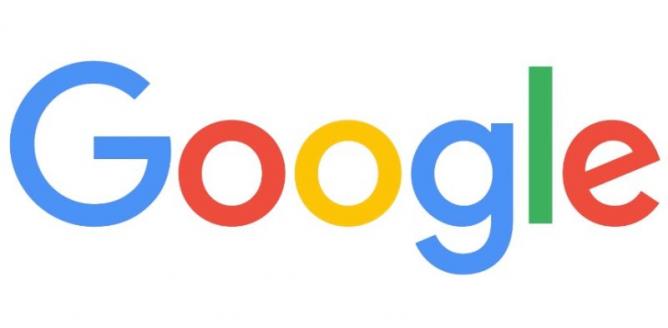If you haven’t already read it – here is a link (http://gizmodo.com/exclusive-heres-the-full-10-page-anti-diversity-screed-1797564320/amp) to the now infamous memo published over the weekend by an unnamed male Google engineer on one of the company's internal mailing lists criticising Google’s efforts to promote diversity and inclusion and the way the company’s “left bias has created a politically correct monoculture that maintains its hold by shaming dissenters into silence."
According to the memo which is titled "Google’s Ideological Echo Chamber”, the reason women don't make up half of the company's technological and leadership positions is because of “genetic differences” in their preferences and abilities which explain why we don’t see equal representation of women in tech and leadership. Men are more likely to value “things” whereas women value “people” and have more openness to “feelings and aesthetics rather than ideas,” according to the memo. Men, by contrast, have a “higher drive for status”.
Taking into account the differences in distribution of traits between men and women, the author suggests ways to address them to increase women’s representation in tech without resorting to discrimination. He acknowledges that Google is already making strides in many of these areas but suggests more can be done:
• “Women on average show a higher interest in people and men in things. We can make software engineering more people-oriented with pair programming and more collaboration. Unfortunately, there may be limits to how people-oriented certain roles and Google can be and we shouldn’t deceive ourselves or students into thinking otherwise (some of our programs to get female students into coding might be doing this).
• Women on average are more cooperative. Allow those exhibiting cooperative behavior to thrive. Recent updates to Perf may be doing this to an extent, but maybe there’s more we can do. This doesn’t mean that we should remove all competitiveness from Google. Competitiveness and self reliance can be valuable traits and we shouldn’t necessarily disadvantage those that have them, like what’s been done in education. Women on average are more prone to anxiety. Make tech and leadership less stressful. Google already partly does this with its many stress reduction courses and benefits.
• Women on average look for more work-life balance while men have a higher drive for status on average. Unfortunately, as long as tech and leadership remain high status, lucrative careers, men may disproportionately want to be in them. Allowing and truly endorsing (as part of our culture) part time work though can keep more women in tech.
• The male gender role is currently inflexible. Feminism has made great progress in freeing women from the female gender role, but men are still very much tied to the male gender role. If we, as a society, allow men to be more “feminine,” then the gender gap will shrink, although probably because men will leave tech and leadership for traditionally feminine roles.”
In response, Danielle Brown, Google's new VP of diversity, integrity, and governance, wrote to staff saying the memo "advanced incorrect assumptions about gender," adding: "I'm not going to link to it here as it's not a viewpoint that I or this company endorses, promotes or encourages." Numerous Google employees and ex-employees have used social media or blog posts to condemn and debunk it. However, a number have expressed their support for the memo.
At TWF, we are watching with fascination to see how the story will unfold. While we strongly support the pro-diversity stand that Google has taken and its leadership on this front within the tech industry –at TWF, we also passionately believe in open discourse and that honestly owning up to biases is better than people pretending they don’t have them, since we all do. We hope that Google’s response will acknowledge this while continuing to vigorously promote access to opportunities for women and minorities. As always, we would love to hear from you with your views. Please email me at su-mei.thompson@twfhk.org.





















